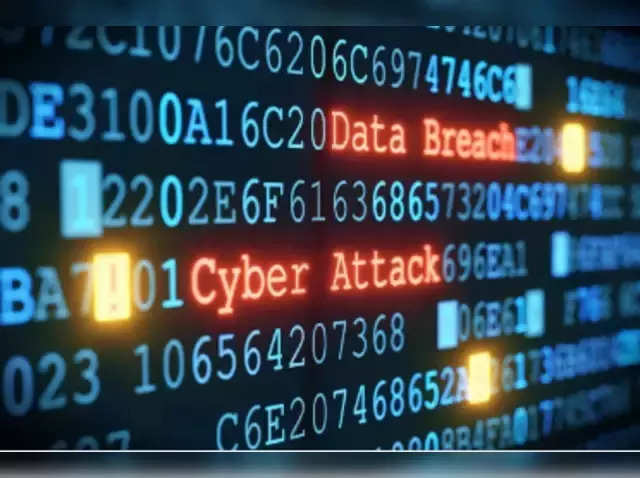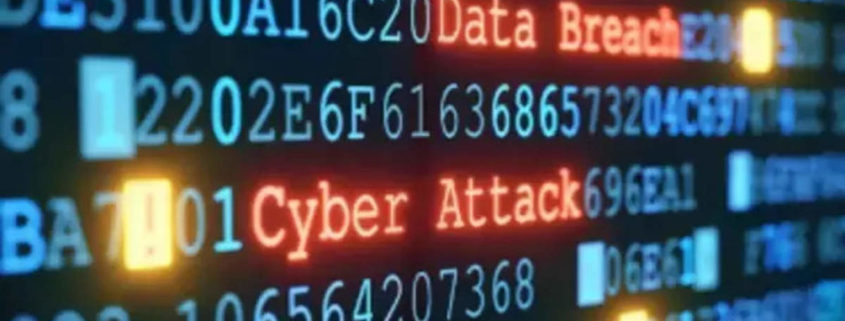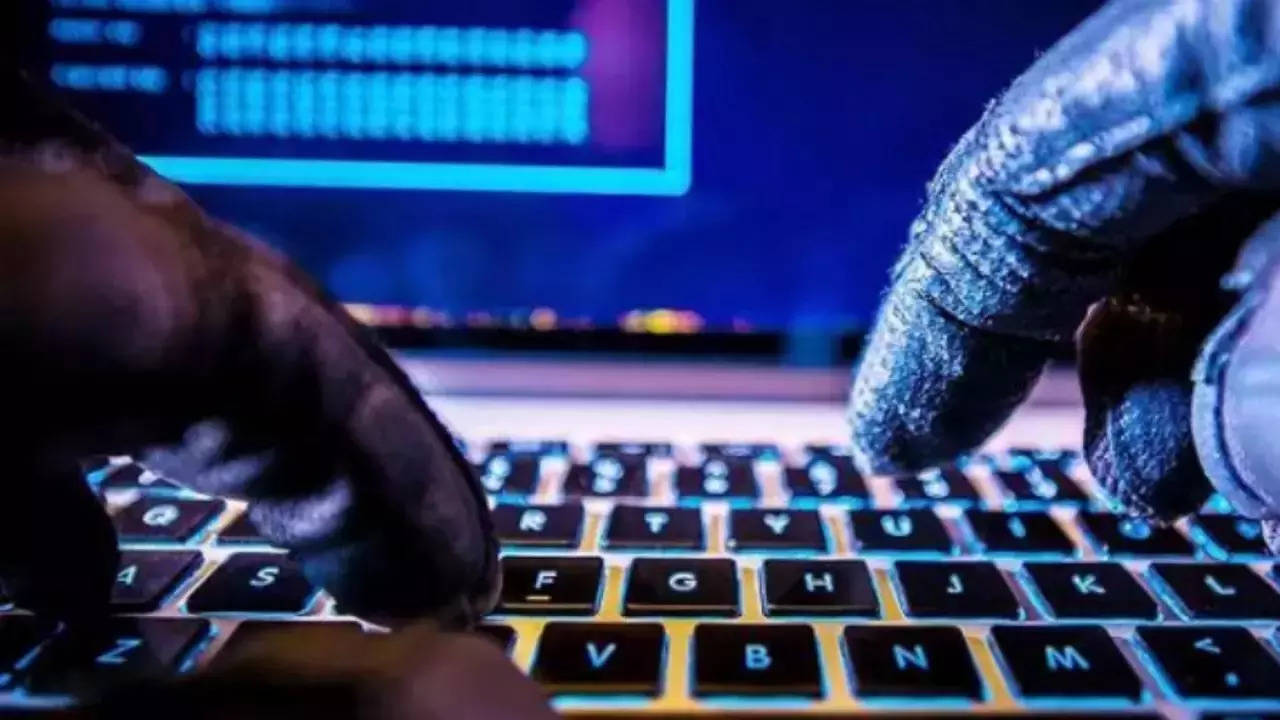Hackers hit Moscow internet provider in response to Kyivstar cyber attack, ET Telecom

By James Pearson and Tom Balmforth
LONDON: Hackers linked to Ukraine’s main spy agency have breached computer systems at a Moscow-based internet provider in retaliation for a Russian cyber attack against Ukrainian telecom giant Kyivstar, a source with direct knowledge of the operation told Reuters on Tuesday.
The hacking group, dubbed “Blackjack”, has previously been linked to the Security Service of Ukraine (SBU). The hackers deleted 20 terrabytes of data at M9 Telecom, a small Russian internet and TV provider, leaving some Moscow residents without internet, the source said.
The digital intrusion was a warm-up for a larger cyber attack which would be “serious revenge for Kyivstar”, the source said, citing the hackers. The source did not say when the hack took place.
M9 Telecom did not respond to an emailed request for comment. The company’s website was still online on Tuesday, despite claims by the hacking group that it had been destroyed.
Reuters was unable to independently verify the extent to which the hack was successful. Reached by phone, M9 Telecom’s CEO Andrey Pavolvsky declined to comment.
Kyivstar, Ukraine’s largest mobile network operator, was knocked offline by Russian spies last month in what appeared to be the largest cyber attack since Moscow launched its war on the country in February 2022.
Russian hackers were inside Kyivstar’s systems for months before the attack, Ukraine’s cyber spy chief, Illia Vitiuk, told Reuters last week. The hack caused “disastrous” destruction at the company, he said.
Separately, Ukraine’s military intelligence agency, the GUR, said late on Monday that it had received a large cache of classified Russian military data from the Special Technology Centre (STC), a sanctioned Russian company which produces the Orlan drone and a range of intelligence equipment for Moscow.
How this Ukrainian telecom company was hit by Russian hackers in one of the biggest cyberattack of war
Vitiuk emphasized the importance of this attack as a warning to both Ukraine and the Western world, highlighting that no one is exempt from cyber threats. He noted that Kyivstar, being a wealthy and private company that heavily invested in cybersecurity, was targeted to send a strong message. The attack resulted in the destruction of numerous virtual servers and PCs, making it the first known instance of a cyberattack completely crippling a telecoms operator.
The Security Service of Ukraine (SBU) conducted an investigation and found evidence suggesting that the hackers had been inside Kyivstar’s system since at least May 2023, with full access likely gained in November. Vitiuk stated that the hackers could have potentially stolen personal information, intercepted SMS messages, and gained access to Telegram accounts. However, Kyivstar denied any leakage of personal or subscriber data, stating that they were collaborating with the SBU to investigate the attack and mitigate future risks.
Vitiuk further revealed that the SBU’s prompt response helped Kyivstar restore its systems and fend off subsequent cyberattacks. He acknowledged that the attack had a limited impact on Ukraine’s military, as they relied on different algorithms and protocols for drone and missile detection.
The investigation into the attack is challenging due to the extensive wiping of Kyivstar’s infrastructure. Vitiuk strongly suspected that the Russian military intelligence cyberwarfare unit known as Sandworm was responsible for the attack, citing their previous involvement in cyberattacks in Ukraine. He also mentioned a previous hack by Sandworm on another Ukrainian telecoms operator, detected by the SBU. Vitiuk highlighted…
Optus: Telecom boss Kelly Bayer Rosmarin quits after Australian outage
The firm has come under fire following a nationwide network outage this month
The chief executive of Australian telecom giant Optus has resigned after a nationwide outage this month.
Kelly Bayer Rosmarin has been under pressure to quit after overseeing a tumultuous three years for the firm.
Along with the network failure which left almost half of Australia disconnected, she was at the helm during a major data breach last year.
In a statement, she said it had been “an honour to serve” but it was now appropriate for her to step down.
“Having now had time for some personal reflection, I have come to the decision that my resignation is in the best interest of Optus moving forward.”
Ms Bayer Rosmarin will be replaced by chief financial officer Michael Venter while the firm searches for a replacement.
The chief executive of Optus’s Singaporean parent company thanked her for her hard work during a “challenging period” – pointing out she had improved financial performance despite being appointed at the beginning of the pandemic.
But Yuen Kuan Moon said the Singtel Group understood her decision to resign.
“We recognise the need for Optus to regain customer trust and confidence… Optus’ priority is about setting on a path of renewal for the benefit of the community and customers,” Mr Moon said.
The outage on 8 November left 10 million Australians and thousands of businesses without mobile or internet coverage for over 12 hours.
The failure caused transport delays, cut hospital phone lines, shut down payment systems, and blocked about 200 people from calling emergency services.
Ms Bayer Rosmarin has faced criticism over her response to the incident, including at a Senate hearing on Friday.
There she revealed thousands of Australians were pursuing the telecom for compensation.
The company is also fighting a class action lawsuit from more than 100,000 current and former customers over the data breach in September 2022.
Affecting 10 million people, it was at the time believed to be the worst data breach in Australian history.
Optus had apologised and blamed a sophisticated cyber-attack, but critics disputed that, including the Minister for Cyber…
IIT-Delhi researchers achieve secure quantum communication for 380 km in standard telecom fiber, ET Telecom
New Delhi: IIT-Delhi researchers have achieved an experimental breakthrough on secure quantum communication up to a distance of 380 kilometres in standard telecom fiber with a very low error rate that can be helpful in securing financial transactions and secret codes. This long secure length is the highest achieved so far, not only in India but globally, for the Differential Phase Shift (DPS) QKD protocol, according to officials.
The results of the research by Indian Institute of Technology (IIT)-Delhi researchers has also been published in the “Nature Scientific Reports” journal.
“Such low quantum bit error rate (QBER) makes the quantum communication resistance to collective and individual attacks and implementable for various applications, such as securing financial transactions, medical records and secret codes,” said Bhaskar Kanseri, lead researcher and associate professor at IIT-Delhi’s Physics Department and Optics and Photonics Centre.
continued below
“It is also capable of securing network communication such as Internet of Things (IoT) and ready to revolutionise the field of cyber security,” Kanseri said.
He added that this realisation using state-of-the-art technology will not only help in reducing the need for trusted nodes for intercity or long-distance quantum key exchange, increasing the security of the cryptography scheme, but also prove to be a crucial step towards the commercial production of long-distance secure practical QKD devices.
In quantum communication, security is guaranteed by the laws of Quantum Physics and, in principle, it can not be broken even using a quantum computer, Kanseri explained.
“This QKD demonstration shows methods to get rid of the intermediate trusted nodes, which are the weak security loopholes and are vulnerable to several kinds of attacks. It paves ways for more secure long distance communication useful for strategic areas such as defence and online banking, making digital transactions safer in the near future,” he said.



